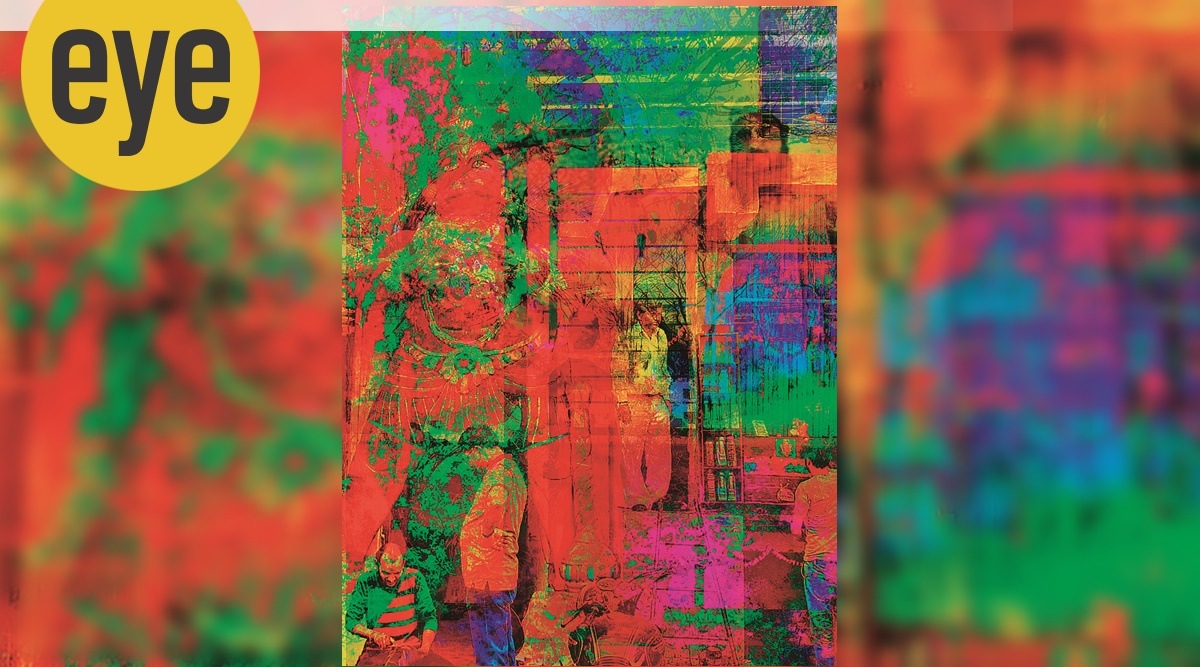 No lip service : There is a fine line between those with deep faith and those blinded by such faith
No lip service : There is a fine line between those with deep faith and those blinded by such faith To pray is “to address god with adoration, confession, supplication or in thanksgiving”. To meditate is “to engage in contemplation or reflection”. To chant is “to recite something in a monotonous repetitive tone or to celebrate and praise in song”. These are dictionary meanings of the words “pray”, “meditate” and “chant”. Not my interpretation.
It would seem that those who engage in prayer, meditation and chanting with devoted repetition and frequency are the rare men and women who understand divinity and invest in it with driven purpose. But there is a very fine line between those with deep faith and those blinded by such faith. A line that is easily blurred and dangerously crossed for the worst outcomes and most self-serving reasons.
I was born a Hindu. It was nothing I chose. It is my ascribed identity. Yet, even though I have always been proud to be a Hindu, I don’t boast about my religion. It isn’t something I practise in a group. I was taught by my grandparents, my parents and their siblings that religion is a celebration of our shared humanity and it is kept honest when enjoyed in private and without dogma and ritual.
Dadi, my paternal grandmother, had a small prayer room with what seemed to my then five-year-old eyes like a million deities. I found photos of Jesus Christ alongside those of Rama and Krishna as well as Guru Nanak and Vivekananda. Dadi would allow me to question her, and she gave the smartest, most thrilling answers. When I asked why she was offering food to the statuary when they couldn’t eat it, she would tell me that it was a ritual, a blessing of the food we would eat later. She would tell me how the leftover crumbs would save the birds some sweat, and that their happy moments would be noticed by the gods and would end up being part of her daily dose of kindness shown to others, even creatures not human. And, just like that, she gave me a lesson on giving to those outside our circle of comforting sameness.
Sometimes at dinner parties, guests would speak of their achievements, of demonstrations they had been part of, and how they had been the only members of their professional realm to protest at fiery rallies. Dadi would come out of these dinners rolling her eyes, and when I asked her why, she would say that what we did yesterday doesn’t matter if we are silent when one of our own oppresses another or mistreats staff at home. If in the here and now you are not kind, if you do not speak up when another is hungry or beaten, bullied, or marginalised, it makes no difference, she said, what you did a year ago, or 10 years ago. She was disappointed when those claiming to be brave in the past took a back seat in the present.
When I asked her about the meaning of success, she would smile and ask, “Whose
success? What is their idea of success? What compromises are made towards its achievement?” She taught me at a young age to understand that a good Hindu is driven by principle and not performance. That in our human form, as we live with ticking hearts and thinking brains, we do not intend anything or seek anything. It is our job to accept life as it unfurls after we have acted every moment to the best of our abilities and with a grand conscience, when we have been conscientious and our actions are not selfish but positively affect everyone and everything we share the planet with. Our success, she told me, flashes before our eyes with gilded details as we speak up for the voiceless, as we fight for the rights of those without them, as we live in a manner that will ensure the health of our planet tomorrow. These are the successes we ought to chase and not the material ones that turn us into robots mindlessly driving on a self-destructive journey of unfulfilled living.
I was taught that when religion gets organised, you lose yourself. True religion connects us to our self and allows us to be most present in the here and now. Each day that we live we can step up towards the divine form that is possible for us to become. Each heartbeat is a revelation that god is within us.
My heritage has left me praying with devotion and gratitude, without the need for a temple or a priest. It has gifted me chanting that needs no ritual gathering, peer support or ceremonial structure. My meditation has me going inward to find strength and answers to those vexing issues that are tearing down the world around me. I pray for light, chant for peace and comfort for all who are living, and meditate with hope for each of us to see the divine creator within one another and all life. Most of all, I hope we pray in private, or however, we choose and wherever we do it, we respect others who may or may not pray like us or at all.
 Continue with Facebook
Continue with Facebook Continue with Google
Continue with Google